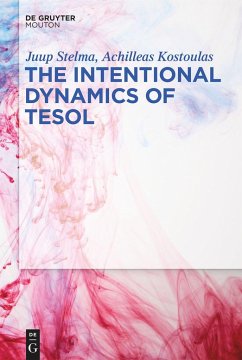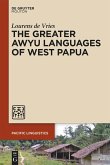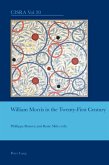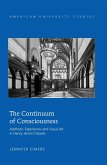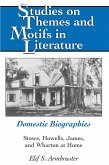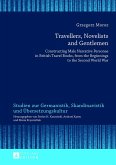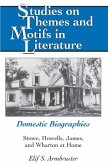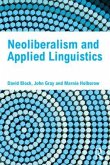This book presents intentional dynamics, which is a new perspective on TESOL contexts, activity and outcomes.The key innovation is a synthesis of complex systems and ecological theories, as well as the concept of intentionality from the philosophy of mind, to understand the psychological and social processes of TESOL. One aspect of intentional dynamics is the 'ordinary' intentions of individuals to perform particular actions, and of organisations to achieve planned outcomes. Another aspect is philosophically defined psychological and social forms of intentionality. Psychological intentionality is understood as what language learners' and teachers' (and other stakeholders') beliefs and emotions are 'about' or 'directed at'. Social intentionality is the 'aboutness' expressed by TESOL materials, curricula and policies. The book explores how intentional dynamics both emerge from and give shape to TESOL activity, and outlines what are the practical implications of intentional dynamics for TESOL learners, teachers, researchers, managers and policy-makers.
Stelma and Kostoulas have enriched the potential of the partnership between complex dynamic systems and ecological theories by contributing the concept of intentionality. Importantly, their model of intentional dynamics places meaning and meaning-making at the heart of an ecological and complex dynamic systems account of TESOL. The authors don't stop with theory. They illustrate the power of their model in exemplifying four different contexts and types of activities, reinterpreting them through the lens offered by their model and thereby making a case for its versatility. In so doing, they demonstrate its real-world relevance to the TESOL teaching and research community. In addition to conceiving of language learning as intentional becoming, their understanding affords a critical-intentional perspective on power, freedom, and agency to counter injustice-a perspective that is much-needed in the world today.
Diane Larsen-Freeman, Professor Emerita of Education and ofLinguistics, University of Michigan
Diane Larsen-Freeman, Professor Emerita of Education and ofLinguistics, University of Michigan

